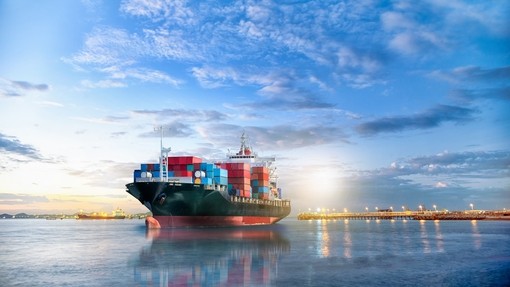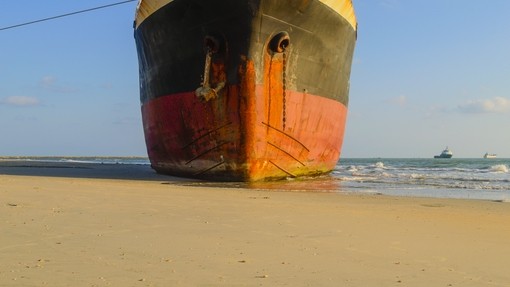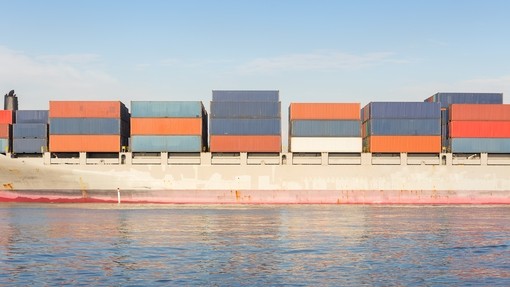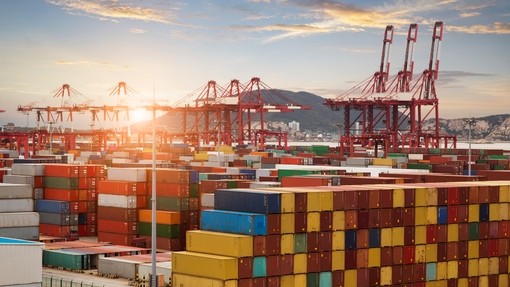Assuranceforeningen Skuld ( Gjensidi) & Or -v- Remalmog & Ors [2017] EWHC 2304
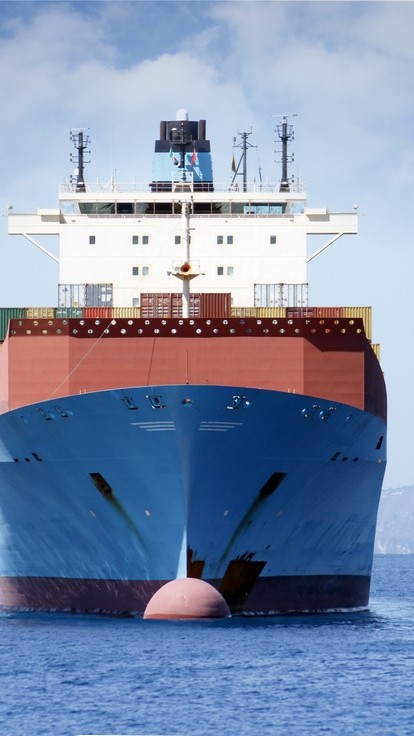
Details
In this recent case the judge considered the wording of an LOU and whether the defendants should be restrained from bringing proceedings before any court other than that provided for under the LOU.
Factual background
On 17 April 2017 the second claimant’s vessel grounded on the Eauripik Reef atoll. On 23 June 2017, the defendants, who were chiefs of the municipality Eauripik in the Federated States of Micronesia (Micronesia), issued a writ in rem out of the High Court of Singapore for themselves and the 196 people of Eauripik claiming damages for the damage caused to the atoll. The vessel was arrested on 23 June 2017 in Singapore.
On 24 June 2017, the defendants demanded security which was agreed in principle but under protest as to quantum. Negotiations followed over the wording of an LOU which was executed on 26 June 2017 by the second claimant (the first defendant’s P&I club).
The LOU provided as follows:
‘In consideration of and upon condition that you refrain from arresting or otherwise detaining the above vessel or any other vessel or property in the same legal beneficial or associated ownership or management in connection with the above alleged claim and/or prosecuting legal proceedings in respect of such claim, otherwise than before the High Court of Singapore, against the owners of the above vessel […] [paragraph one]
WE HEREBY UNDERTAKE to pay you within 28 days of receipt of written demand from you any sum […] to be due to you in respect of the claim or for which the owners are held liable by means of a final enforceable and un-appealable judgment of the High Court of Singapore. [paragraph two]
This undertaking is given without prejudice to all rights and defences which may be available to owners […]. Equally, it is accepted that the acceptance of this letter of undertaking does not impact any rights, objections and defences available to the Plaintiffs in [the Singapore proceedings]. [paragraph three]’
The LOU was subject to English law and the jurisdiction of the English High Court.
On 13 July 2017, the defendants applied for the Singapore proceedings to be stayed in favour of the courts of Micronesia. Before the defendants’ summons was heard in Singapore, the claimants applied to the English High Court and obtained an ex parte order from Picken J ordering the defendants not to commence or prosecute any legal proceedings in respect of their claims arising out of the collision otherwise than before the High Court of Singapore (‘the Picken J order’) until the return date. Picken J declined to restrain the defendants from making their stay application out of a concern ‘not to tread on the toes’ of the Singapore Court.
The claimants then applied to the English Court for:
- an order extending the Picken J order until trial and enlarging it so as to restrain the defendants from proceeding with their stay application in the Singapore proceedings; and
- summary judgment against the defendants under CPR 24.2.
The defendants asked the English court to adjourn the claimants’ applications so that the stay application in Singapore could proceed.
Legal issues
It was common ground that the principal issue on the summary judgment application was whether the defendants’ case that paragraph one of the LOU was not an exclusive jurisdiction clause had a realistic as opposed to a fanciful prospect of success.
In the “PIA VESTA” [1984] 1 Lloyd’s Rep 169, Sheen J held that a letter of guarantee issued to procure the release of an arrested vessel that contained the words ‘In consideration of the owners of the cargo … refraining from commencing and/or prosecuting legal or arbitration proceedings other than … in the English High Court’, was an exclusive jurisdiction clause.
The defendants accepted that the wording in paragraph one would create a binding exclusive jurisdiction clause obliging the defendants to bring any claim arising of the collision in the High Court of Singapore. However, the defendants argued that the effect of the second sentence of paragraph three was that, when the LOU was read as a whole, the defendants had the right to bring a claim in respect of the collision in Micronesia and would be entitled under paragraph two to enforce the first claimant’s undertaking by registering a judgment in the defendants’ favour given by the Micronesia court in the High Court of Singapore. The defendants emphasised the word ‘any’ in the second sentence of paragraph three and submitted that the word ‘equally’ signified that the second sentence was intended to confer on the defendants a carve-out of equivalent width to that contained in the first sentence which was for the benefit of the first claimant.
The judge found that the construction argument advanced by the defendants was fanciful, commercially absurd and had no prospect of success. Paragraph one was in clear and unequivocal terms: the undertaking given by the first claimant in paragraph one was in consideration of and upon condition that the claim brought by the defendants could not be brought otherwise than before the High Court of Singapore. Any derogation from paragraph one elsewhere in the LOU had to be in the clearest terms. The wording of the second sentence of paragraph three manifestly fell far short of expressing an intention to derogate from paragraph one in the manner contended for. Instead, the whole of paragraph three had to be read consistently with paragraph one which meant that the ‘rights’ and ‘defences’ referred to in the first sentence and the ‘rights’, ‘objections’ and ‘defences’ referred to in the second sentence did not permit the defendants to bring the claim arising out of the collision in any jurisdiction other than before the Singapore High Court.
The defendants’ construction of the LOU was commercially absurd because, if it were correct, based on the second sentence of paragraph 3, the defendants would have the ‘right’ to arrest another vessel or property in the same beneficial or associated ownership or management in connection with a claim for damages arising out of the collision brought otherwise than in Singapore and still be able enforce the undertaking, provided a judgment in their favour had been obtained in the foreign court and was registered for enforcement by the High Court of Singapore.
It followed that the claimants were entitled to summary judgment under CPR 24.2.
The court granted a final injunction unlimited in time restraining the defendants from:
- pursuing the application to stay proceedings in Singapore in favour of Micronesia; and
- commencing or pursuing proceedings in respect of the claims for damages before the Micronesia or any other court other than the High Court of Singapore.
In making the order the judge (Sir Richard Field sitting as a Deputy Judge) commented that he intended no disrespect to the High Court of Singapore which was not the subject of the injunctions and could consider of its own motion whether to exercise jurisdiction over the defendants’ claim.
The defendants’ adjournment application was dismissed on the ground that justice required that the claimants’ applications be heard and responded to as otherwise the adjournment sought would have allowed the continuation of the stay application in the High Court of Singapore in clear breach of the LOU.
Comment
Although it is ultimately a matter for the judge’s discretion, this decision demonstrates that the English Court will ordinarily enforce an exclusive jurisdiction clause. Caution is therefore advised when the parties agree exclusive jurisdiction clauses and also attention should be paid to the wording of the clause to ensure that the carve-out of any rights or defences is clearly stated.
This article originally appeared in the October 2017 edition of shipping case digest. Other articles include:
Ian Rollitt (trading as CD Consult) -v- Christopher Leonard Ballard [2017] EWHC 1500 (TCC)

